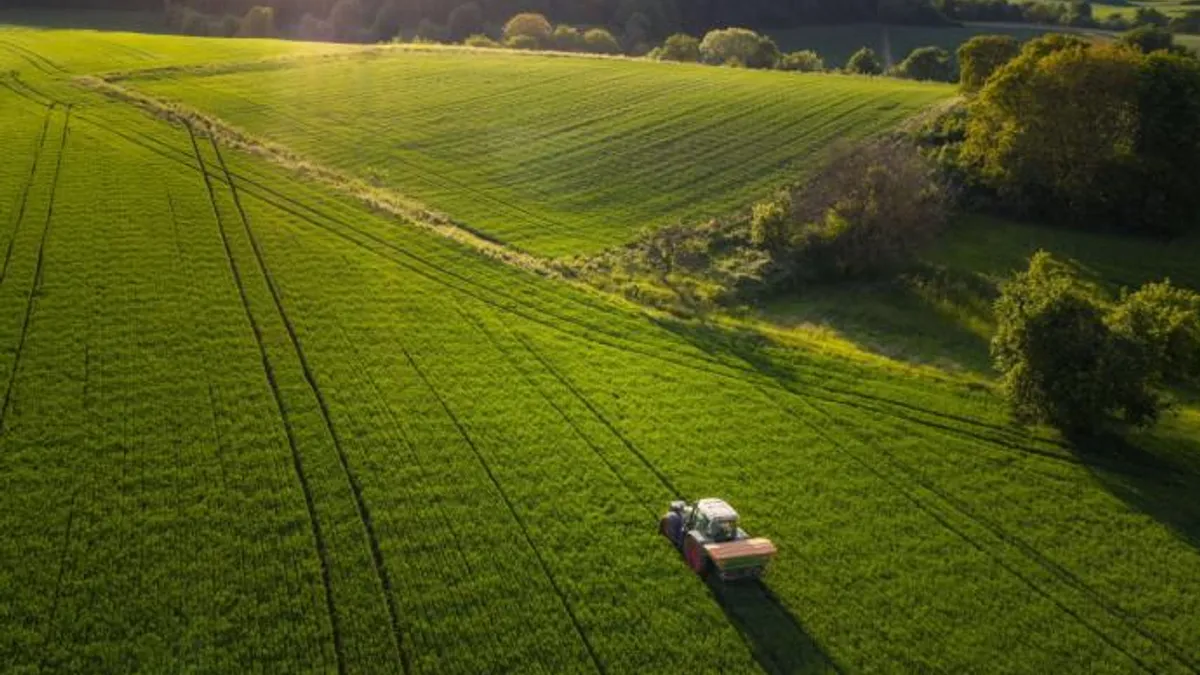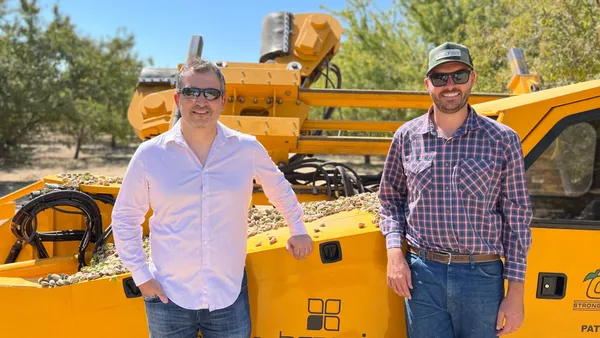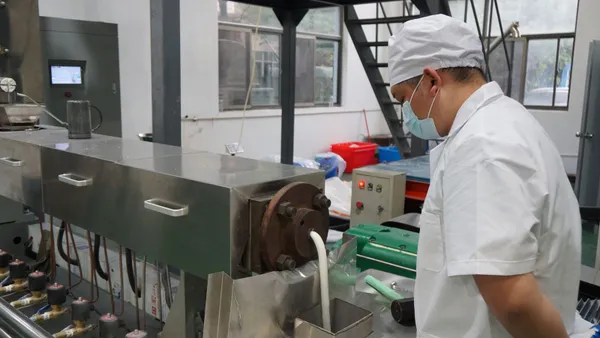PCC Community Markets recently brought together food industry officials to discuss strategies for establishing consistent standards to define regenerative agriculture.
According to the Seattle-based cooperative, the grocery industry is seeing a spike in “unverifiable claims that products are regenerative or practice regenerative agriculture.” But there is no universal consensus on what the term means and how to guarantee its claims, PCC noted on its webpage.
However, there are some “general agreements,” as well as national non-governmental certifications around regenerative agriculture, that include promises for reducing the impacts of climate change, minimizing soil disturbance and ensuring animal welfare and social fairness, according to the co-op.
Implementing standards around such descriptions would minimize the risk of false claims, protect the integrity of organic products and avoid greenwashed marketing that misleads consumers, PCC said.
PCC’s Convening on Regenerative and Organic Food Systems, held in February, brought together more than 80 industry stakeholders, including farmers, tribal leaders, government and policy officials and representatives of retailers, co-ops, nonprofits and natural food brands.
PCC’s recent gathering also focused on the legacy of Indigenous practices in regard to practicing regenerative agriculture.
“Tribal communities managed regenerative food systems for thousands of years across the Pacific Northwest before colonialism created the exploitative, extractive, industrialized, and commoditized food systems of today. Exploring regenerative agriculture requires both learning from Indigenous practices and respecting their rights to and knowledge of land stewardship,” Mike Wenrick, PCC’s director of purpose, said in a statement.












